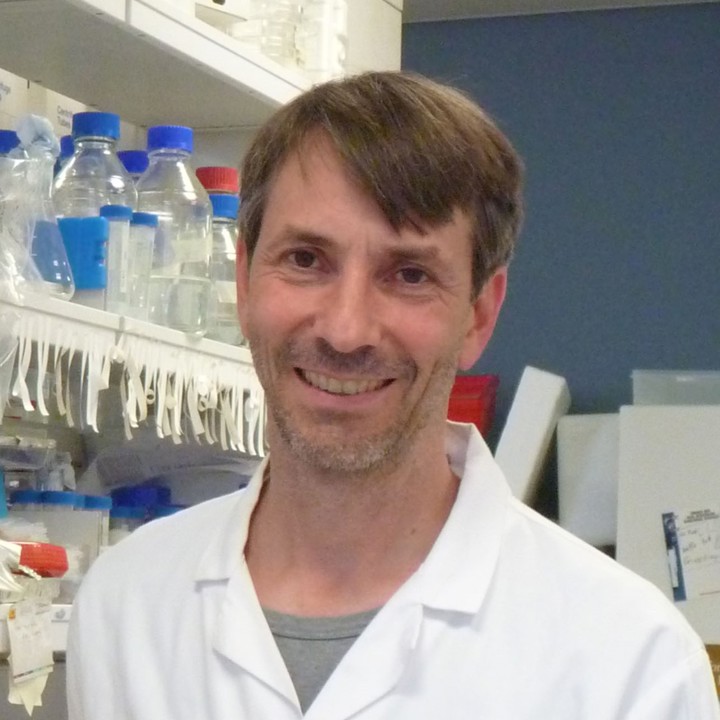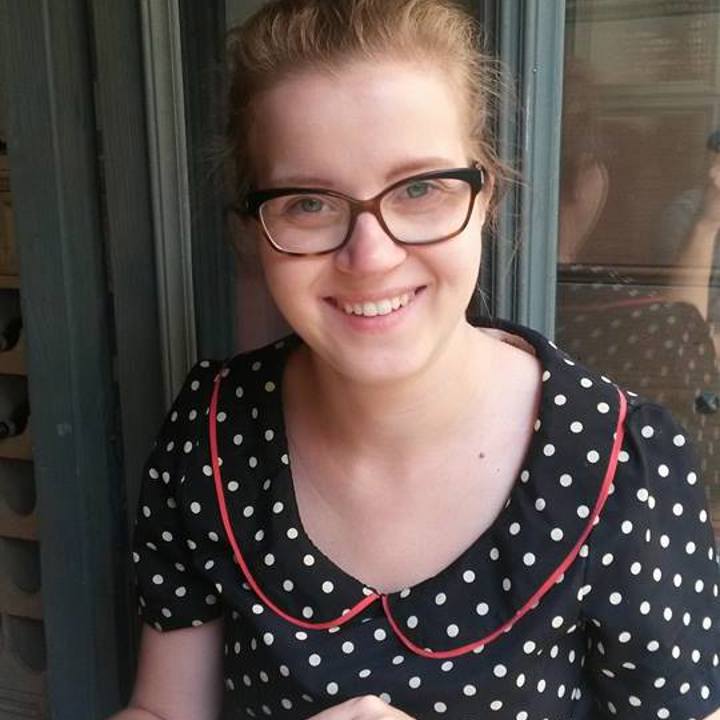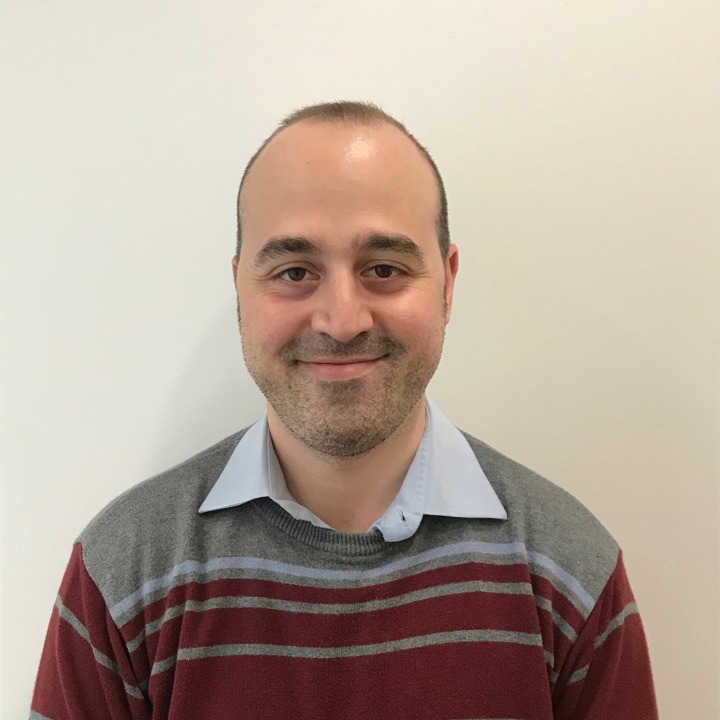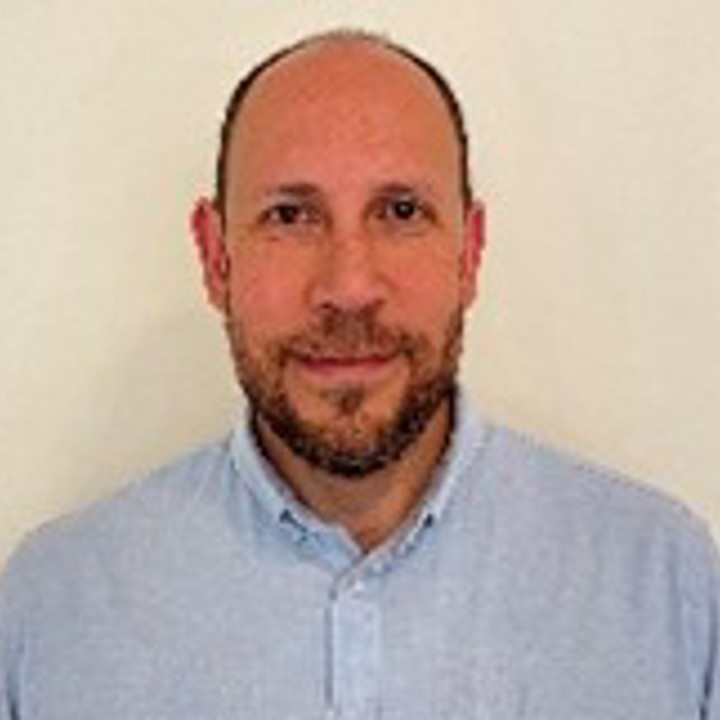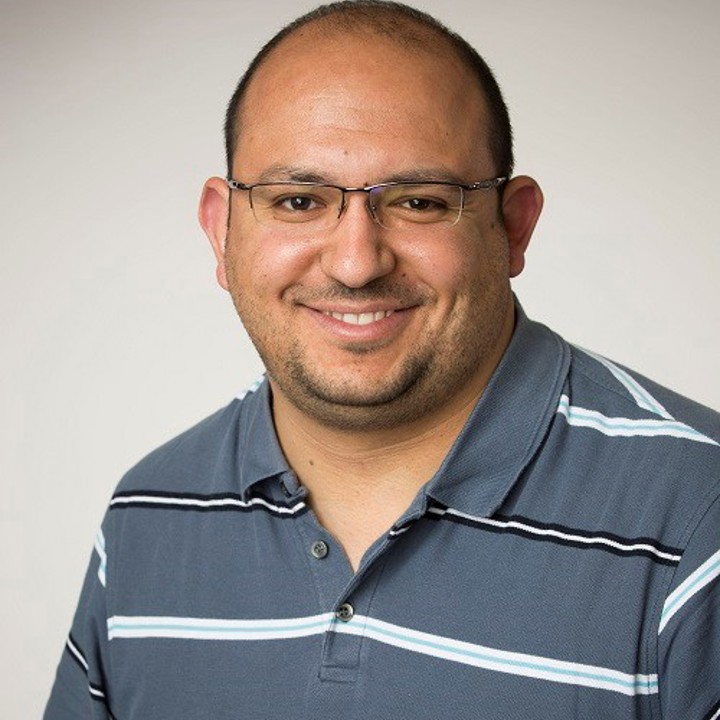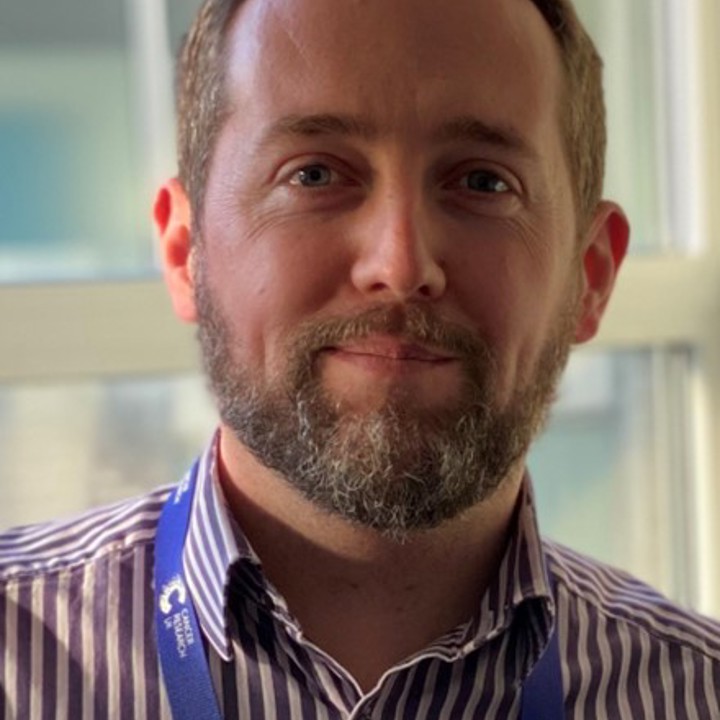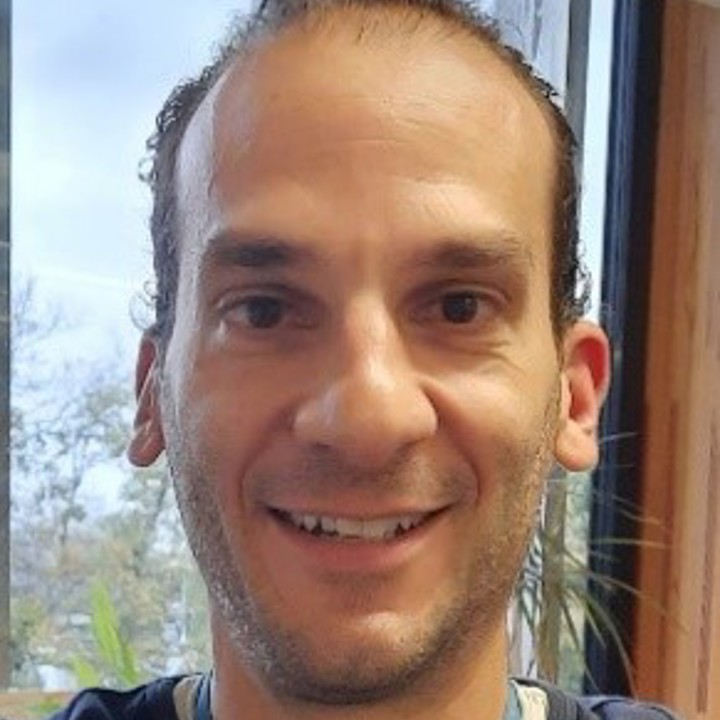
Research Area IV - Cells
Research Area IV covers the broad areas of lipids, organelles, trafficking, protein turnover, cytoskeleton, cell cycle, cell adhesion and migration, phagocytosis, apoptosis, matrix biology, neurotransmitters, structures, cell walls, nuclear motors, glycobiology, glycosylation, micro-organisms, membrane fusion, synaptic function, ion channels, neuronal signalling, exocytosis, endocytosis and secretion.
Get involved!
Research Area IV - Cells
9 members
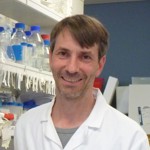
Matthias Krause
Matthias Krause
Matthias is a Senior Lecturer at King’s College London, UK.
Matthias’ research focusses on the regulation of the actin cytoskeleton in endocytosis and cell migration. He studied Pharmacy at the University of Braunschweig, Germany, followed by a PhD in Cell Biology at the German Research Centre for Biotechnology, Braunschweig, Germany. During his doctoral studies, he examined the regulation of the actin cytoskeleton supporting immunological synapse formation and phagocytosis. Followed by post-doctoral training in the USA at MIT, Cambridge, MA, where he discovered the cell migration regulatory protein, Lamellipodin. He then started his own laboratory at King’s College London.
Keywords: Cell Migration, cell proliferation, endocytosis, actin cytoskeleton
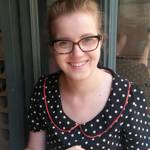
Urszula McClurg
Urszula McClurg
I studied for a Bachelor’s degree in Lodz, Poland and then secured a European Union scholarship to carry out my postgraduate studies in the UK. I completed a PhD at the Leeds Institute of Molecular Medicine (University of Leeds) on the role of post-translational modifications in cancer development in 2013. During my PhD I received funding from the European Union to train in ubiquitination at Karolinska Institute in Stockholm, Sweden. Consequently, I decided to further develop my skills in this field and moved to the Northern Institute for Cancer Research to study the role of deubiquitination in cancer progression. Following successful completion of my Post-Doctoral project in 2017 I received a Newcastle University Faculty of Medical Sciences Junior Fellowship to start my own research programme focused on understanding the role of meiotic proteins in cancer at the Institute for Cellular and Molecular Biosciences. In 2018 I moved to the Institute for Integrative Biology in Liverpool for a Tenure Track Research Fellowship and started my own group. Our work focuses on exploring the role meiotic proteins in cancer as identifying new oncogenes and pathways of carcinogenesis could provide novel therapeutic strategies.
Keywords: Cancer, meiosis, germ cell cancer genes, synaptonemal complex
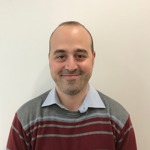
Mauro Adriel Rinaldi
Mauro Adriel Rinaldi
Mauro’s background combines plant science, microbiology, genetics, cell biology and biotechnology towards an integrated approach to synthetic organelles for biotechnological applications. He received his BSc in Molecular Biology from the University of Buenos Aires and his PhD in Biochemistry and Cell Biology from Rice University, Houston TX, and was a Postdoctoral Research Associate at the University of York and Research Fellow at The University of Manchester. He has performed research in producing valuable sterols in the ciliate Tetrahymena thermophila and yeast, plant peroxisomes in Arabidopsis thaliana, the biosynthesis of the antimalarial artemisinin in the medicinal plant Artemisia annua, and the production of high-value chemicals from renewable carbon in bacteria. His current research focus is creating synthetic organelles de novo through Engineering Biology towards biomanufacturing, bioremediation, crop development and human health.
Keywords: Synthetic Organelles, Metabolic Engineering, Engineering Biology
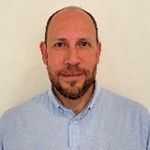
Gustavo J. Gutierrez
Gustavo Gutierrez received a BSc in Molecular and Cellular Biology and a MSc in Human Health & Biology from the University of Montpellier II (France), and a PhD in Cellular Biochemistry from the University of Heidelberg and the EMBL in Germany. During his doctoral studies, he examined the functions and regulations of the novel CDK activator RINGO/Speedy during the Xenopus laevis oocytes maturation process. He then trained as a postdoctoral associate/fellow at the Sanford-Burnham-Prebys Medical Discovery Institute in La Jolla, California USA, where he examined several ubiquitin-regulated signalling pathways using both cancer and stem cells. He moved to Brussels (Belgium) in 2012 as a Professor of Molecular and Cellular Biology at the Vrije Universiteit Brussel (VUB), obtaining tenured in 2015. In 2020, he moved to the private sector and joined Galapagos NV as a Principal Scientist, where he helped establish the PROTAC and small-molecule degrader platform. Since the end of 2022, he works at AstraZeneca in Cambridge (UK) as a Scientific Director at the department of Mechanistic Biology and Profiling. He is interested in developing new drug modalities exploiting induced-proximity pharmacology.
Keywords: ubiquitin, proteasome, PROTAC, molecular glue, induced proximity pharmacology, phosphorylation, cell signalling, cancer, drug development
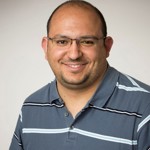
Antreas Kalli
Antreas Kalli
Antreas received a BSc in Physics from the University of Cyprus, and a DPhil from the University of Oxford under the supervision of Professors Mark Sansom and Iain Campbell. He then was a postdoctoral researcher in the Sansom group at the University of Oxford. During his postdoc, Antreas used computational methodologies to study how signalling receptors function at the molecular level, and how their function is regulated by lipids. Antreas moved to the University of Leeds in 2016 where he is currently an Associate Professor. His research uses multi-scale molecular dynamics simulations (i.e. coarse-grained and all-atom) and molecular modelling to simulate how ion channels in cell membranes work and how they interact with their environment.
Keywords: Molecular dynamics simulations, Ion channels, Membranes, Lipids
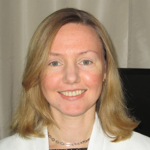
Ekaterina Lamber
Ekaterina Lamber

Katya Lamber has received a BSc and a MSc in Biophysics from the St-Peterburg State Technical University (Russia), and a PhD in Structural Biology jointly from Heidelberg University (Germany) and the European Molecular Biology Laboratory (Hamburg Outstation, Germany). Followed by postdoctoral training at the Harvard Medical School (Boston, USA) and the University of Oxford (Oxford, UK). Her first lecturing position was at Kingston University London, and she currently is Senior Lecturer in Biochemistry and Microbiology at Kingston University London. Her research focuses on two areas: 1. the investigation of the molecular mechanisms underlying cardiovascular disease and 2. the investigation of bacterial pathogenesis and host pathogen interaction.
Keywords: structural biology, cardiovascular disease, bacterial pathogenesis
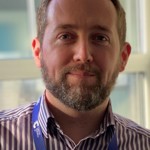
Christopher Toseland
Christopher Toseland
Chris Toseland received a BSc Biochemistry degree from the University of Wales – Aberystwyth in 2006 then commenced a PhD at the MRC National Institute for Medical Research/University of London. He focused on the biochemical and biophysical characterisation of DNA helicases. At the end of his PhD, he was awarded an EMBO Long Term Fellowship to move to the LMU–Munich to work on single molecule studies with myosin motors. After 3 years he relocated to the Max Planck Institute of Biochemistry with a research focus on genome organisation. He established his research group at the University of Kent in 2015 with an MRC Career Development Award. In 2019 the research group relocated to the University of Sheffield. He runs a multidisciplinary research group investigating nuclear organisation with expertise in single molecule imaging and mechanobiology.
Keywords: Mechanobiology, single molecule, transcription, cytoskeleton
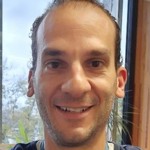
David Tumbarello
David Tumbarello
David Tumbarello obtained his PhD while working in the lab of Prof Chris Turner at SUNY Upstate Medical University in Syracuse, New York investigating the role of focal adhesion proteins during epithelial-mesenchymal transformation and defining their impact on cytoskeletal dynamics during cell migration and invasion. Following on from this, he was a postdoctoral fellow with Cancer Research UK at the Cambridge Institute in Cambridge, UK working in the lab of Prof James Brenton investigating the mechanisms of cell-extracellular matrix interactions and their relationship to therapeutic resistance in ovarian cancer. Following on from this, he was a Research Associate at the Cambridge Institute for Medical Research in Cambridge, UK working in the lab of Prof Folma Buss interrogating the function of actin motor proteins and associated adaptor proteins during autophagy. This work additionally defined how autophagy receptor specificity towards distinct cargo is coordinated and what determines their individual cellular role during selective autophagy. He joined the School of Biological Sciences at the University of Southampton as a Lecturer and Group Leader in 2014, where his research group has been investigating endosomal adaptor function, autophagy, and mitochondrial quality control.
Keywords: membrane trafficking, autophagy, mitochondrial quality control, lysosome, endosomes
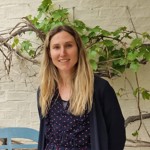
Melissa Webby
Melissa Webby
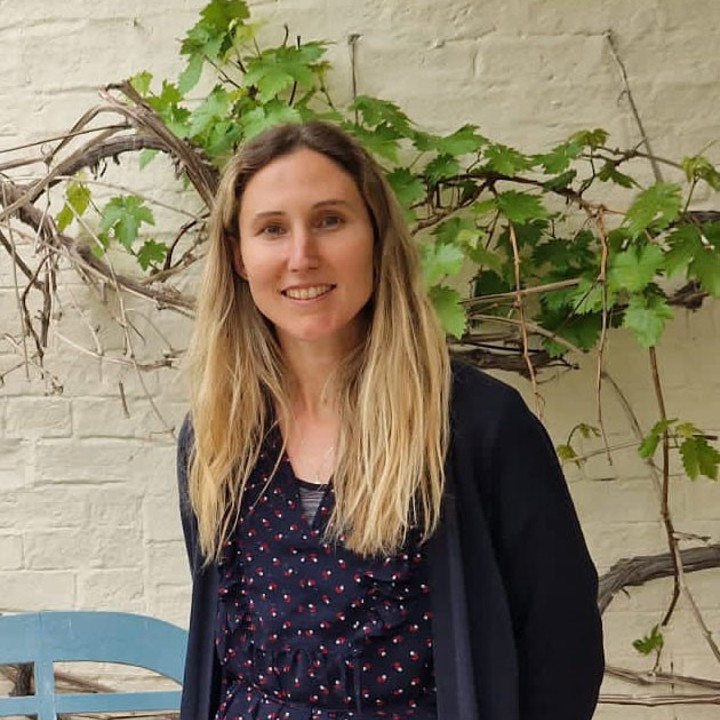
Melissa earned her BSc Hons in Biochemistry at the University of Canterbury, New Zealand. For her PhD, she relocated to the University of Auckland, where she focused on structural and biochemical characterisation of proteins involved in virus replication. Having successfully completed her doctoral studies in 2018, Melissa took up a postdoctoral associate position at the University of Oxford working with Professor Colin Kleanthous to investigate the structure and function of the outer membrane in Gram-negative bacteria. In 2022, she was appointed as a Junior Research Fellow at Linacre College. Melissa, currently based in Oxford, continues to focus on unravelling the complexities of cell envelope structure in bacteria.
Keywords: Microbiology, Cell envelope, proteins, lipids
